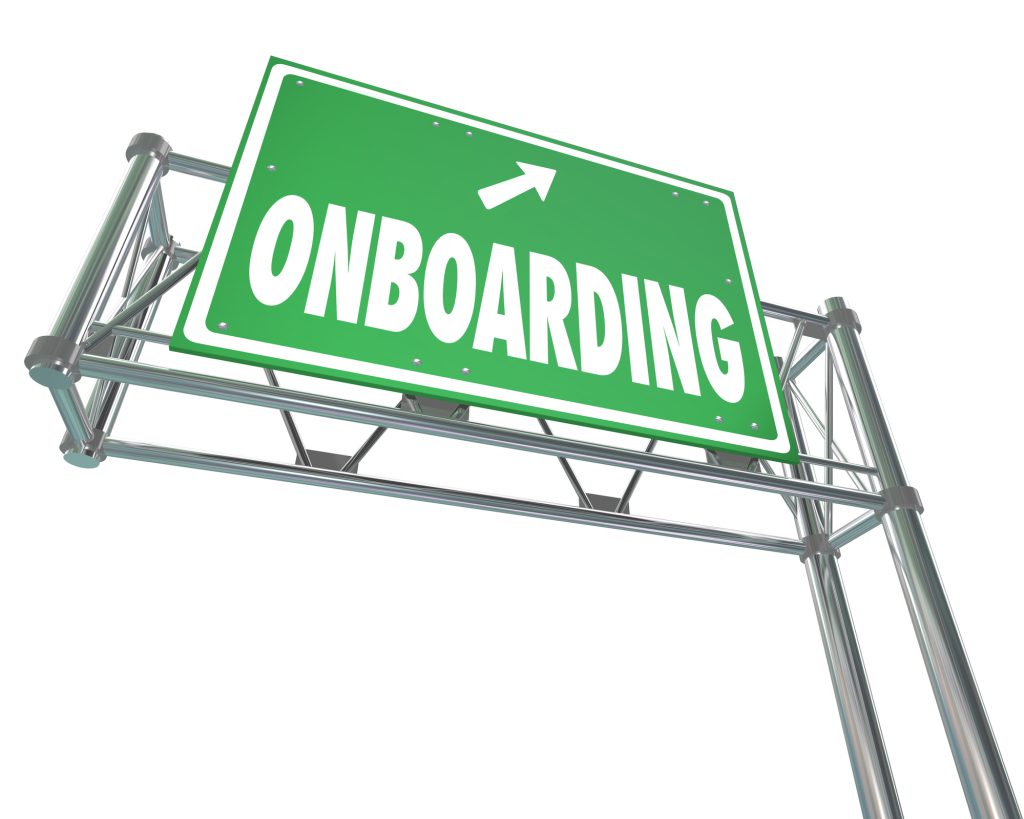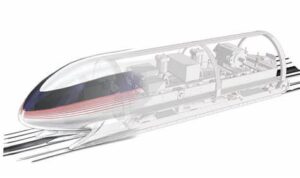Explore strategies and best practices that supply chain leaders can adopt to effectively onboard and train new material planners and buyers!
In the fast-paced and intricate world of supply chain management, the success of an organization heavily relies on the efficiency and effectiveness of its material planners and buyers. When new talent is brought onboard, it is crucial for supply chain leaders to provide comprehensive and targeted onboarding and training programs to set these professionals up for success. In this article, we will explore strategies and best practices that supply chain leaders can adopt to effectively onboard and train new material planners and buyers, ensuring they can confidently navigate the challenges of their roles and contribute to the success of the supply chain.
Develop a Structured Onboarding Program
A structured onboarding program is the foundation for the successful integration of new material planners and buyers. Create a detailed plan that covers an overview of the company’s supply chain processes, key responsibilities of the roles, and introductions to team members and stakeholders. The program should also include information on company culture, values, and expectations, helping new hires feel welcomed and aligned with the organization’s goals.
Pair New Hires with Mentors or Buddies
Assign experienced material planners or buyers as mentors or buddies to new hires. This pairing allows for hands-on guidance, knowledge-sharing, and relationship-building. Mentors can provide practical insights into the day-to-day challenges and share tips for effective decision-making and problem-solving. This approach accelerates the learning curve and fosters a supportive learning environment.
Hands-On Training and Shadowing Opportunities
Incorporate hands-on training and shadowing opportunities into the onboarding process. Give new material planners and buyers the chance to observe and assist their colleagues in real-life scenarios. This exposure enables them to grasp the practical aspects of the job and understand how theory translates into actual supply chain operations.
Utilize Simulation and Role-Playing Exercises
Simulation and role-playing exercises can be highly effective in replicating supply chain challenges without real-world consequences. Create scenarios that mimic supply chain disruptions, inventory management decisions, and vendor negotiations. These exercises empower new hires to test their skills, build confidence, and learn from their experiences.
Provide Access to Training Resources
Supply chain leaders should provide new material planners and buyers with access to a wide range of training resources. This may include online courses, webinars, industry publications, and supply chain management software training. Encourage self-directed learning to complement formal training sessions and foster a culture of continuous improvement.
Encourage Cross-Functional Collaboration
Supply chain roles often involve collaboration with various departments. Encourage new material planners and buyers to engage with other teams, such as production, sales, and finance. Cross-functional collaboration enhances their understanding of the supply chain’s interdependencies and enables them to make well-informed decisions.
Regular Feedback and Performance Reviews
Offer regular feedback and performance reviews to help new hires understand their strengths and areas for improvement. Constructive feedback helps them fine-tune their skills and align their actions with the supply chain’s objectives. Additionally, recognize and celebrate their achievements, fostering a positive and motivating work environment.
Foster a Culture of Learning and Adaptability
Supply chain management is a dynamic field that demands adaptability and continuous learning. As a leader, promote a culture of learning and agility within the supply chain team. Encourage new material planners and buyers to stay updated on industry trends, emerging technologies, and best practices. Emphasize that learning is an ongoing journey, and innovation is a critical aspect of supply chain success.
Effective onboarding and training of new material planners and buyers are vital to the success of any supply chain organization. Supply chain leaders play a crucial role in providing comprehensive onboarding programs, mentorship opportunities, and practical training experiences. By fostering a culture of learning, cross-functional collaboration, and adaptability, leaders empower new hires to excel in their roles and contribute to the optimization and growth of the supply chain. Investing time and effort in the development of new talent pays dividends in the form of a competent and motivated workforce, capable of navigating the complexities of the supply chain landscape.
The Perfect Planner Team is here if you have any questions about Onboarding New Planners and Buyers, and we offer a free consultation service. If you would like to connect with us on this article or any other topic, please message us on LinkedIn, shoot us an email at info@perfectplanner.io, visit our website at www.perfectplanner.io, or give us a call 423.458.2979.
Author: Thomas Beil
Publication Date: February 22, 2024
© Copyright 2024 Perfect Planner LLC. All rights reserved.






